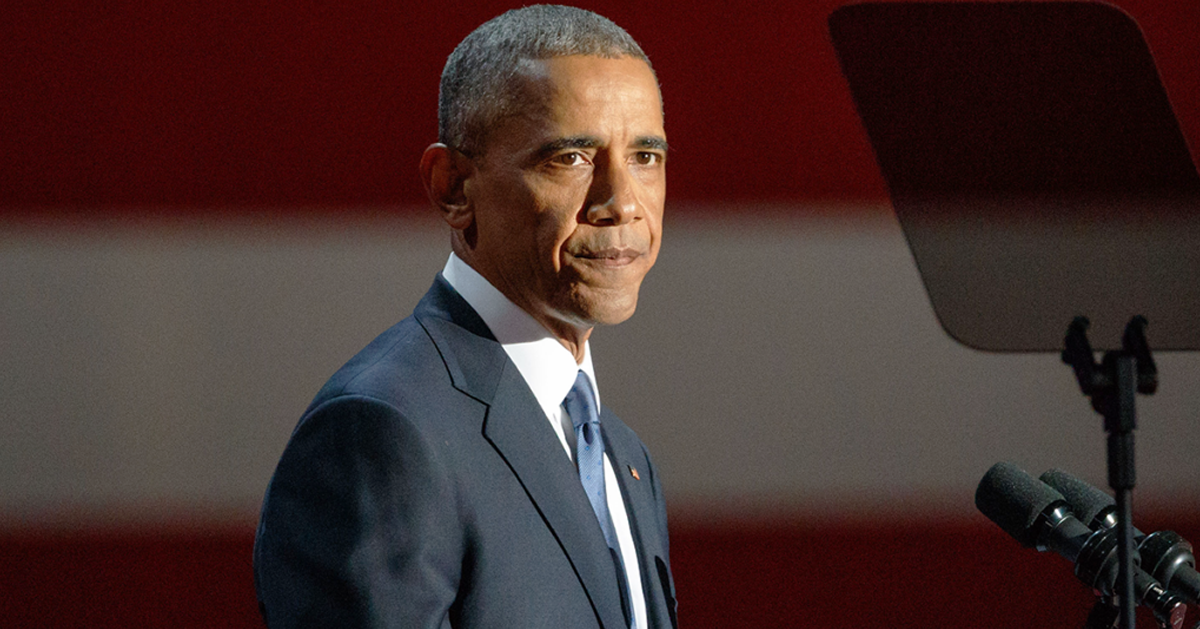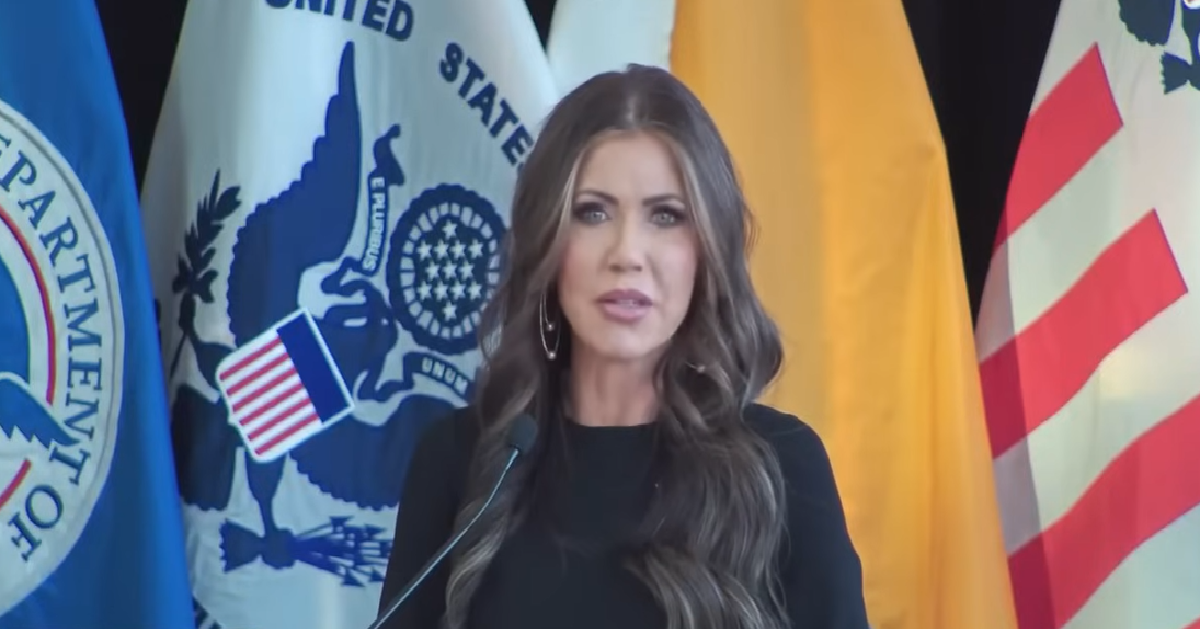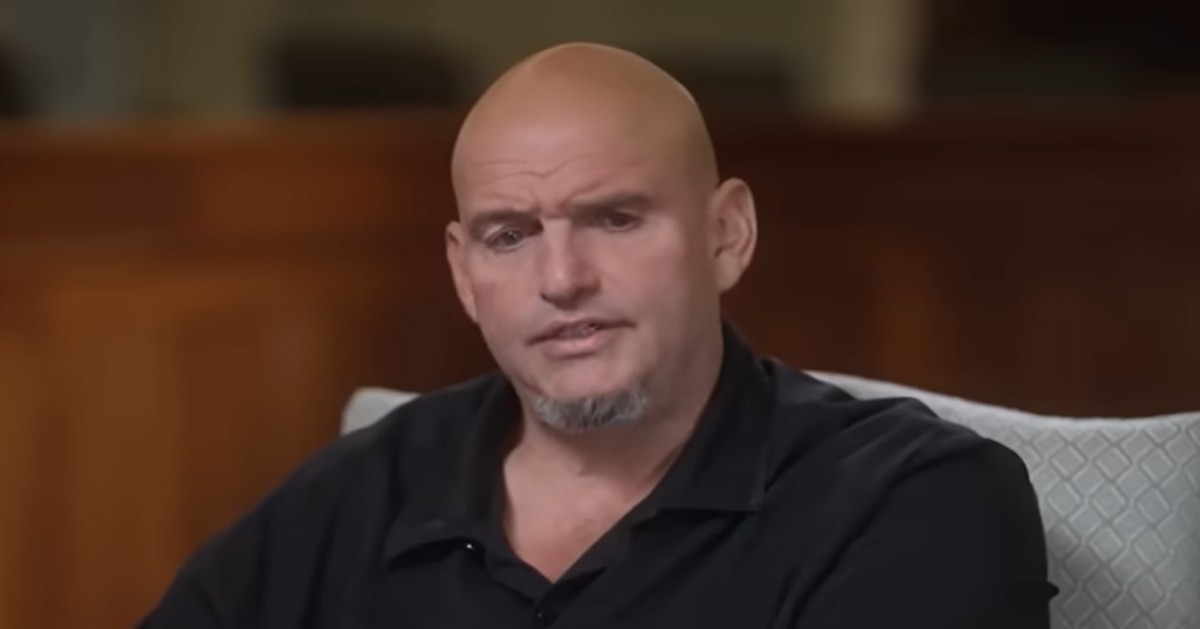Trump reveals he's willing to walk away from peace negotiations if Russia or Ukraine make talks 'very difficult'
Throughout the campaign and the first few months of his new administration, President Donald Trump has repeatedly promised to negotiate a peaceful conclusion to the ongoing war between Russia and Ukraine.
That vow is contingent upon both sides engaging cooperatively in peace talks, however, and Trump revealed on Friday that he is willing to "take a pass" on the whole effort if either side makes a peaceful solution "very difficult" to achieve, Fox News reported.
Trump's remarks echoed those earlier in the day from Secretary of State Marco Rubio, who similarly suggested that the U.S. was prepared to walk away from negotiations on a ceasefire and peace agreement if either of the two warring parties wasn't prepared to honestly engage in good-faith discussions.
Trump willing to abandon Russia-Ukraine peace talks if either side is uncooperative
During an impromptu press conference in the Oval Office on Friday, according to Politico, President Trump reiterated his desire to swiftly end the deadly carnage of the Russia-Ukraine conflict, but also let it be known that his commitment to negotiating peace was not open-ended.
"If for some reason one of the two parties makes it very difficult, we’re just going to say, 'you’re foolish, you’re fools, you’re horrible people,' and we’re going to take a pass," Trump said, though he quickly added optimistically, "I think we have a good chance of solving the problem, however."
Asked if the U.S. would continue to back Ukraine financially and militarily if peace talks with Russia broke down, the president sidestepped the issue and replied, "I’m not going to say that, because I think we’re gonna get it done."
Fox News noted that Trump previously expressed in an interview last month his frustrations with Russia's intransigence on a ceasefire agreement and peace deal -- indeed, he said he was "very angry" with and "pissed off" at Russian President Vladimir Putin.
The president went on to suggest in the March interview that, should Russia be responsible for a breakdown of peace negotiations, he was prepared to impose more sanctions on Russia, including a 25-50% secondary tariff on Russian oil exports and a prohibition against the U.S. doing business with any nation that imports Russian oil.
Rubio says U.S. may soon say "we're done" trying to negotiate a peace deal
Earlier on Friday, during a press conference in Paris, France, Secretary Rubio provided an update on the broad peace negotiations he'd just been engaged in alongside U.S. envoys Steve Witkoff and Keith Kellogg with Ukraine and representatives from the United Kingdom, France, Germany, and NATO.
"So we came here yesterday to sort of begin to talk about more specific outlines of what it might take to end the war, to try to figure out very soon -- and I’m talking about a matter of days, not a matter of weeks -- whether or not this is a war that can be ended," Rubio said. "If it can, we’re prepared to do whatever we can to facilitate that and make sure that it happens, that it ends in a durable and just way."
"If it’s not possible -- if we’re so far apart that this is not going to happen -- then I think the President’s probably at a point where he’s going to say, well, we’re done," he continued. "We’ll do what we can on the margins. We’ll be ready to help whenever you’re ready to have peace. But we’re not going to continue with this endeavor for weeks and months on end."
"So, we need to determine very quickly now -- and I’m talking about a matter of days -- whether or not this is doable in the -- over the next few weeks," the secretary added. "If it is, we’re in. If it’s not, then we’ll have to -- we have other priorities to focus on as well."
U.S. is "going to move on" if both sides aren't "serious about peace"
Secretary Rubio went on to reassure everyone in the press conference that President Trump remained thoroughly committed to working towards an end to the horrific bloodshed and destruction on both sides of the Russia-Ukraine war, albeit only if both sides were equally committed to finding an acceptable agreement.
"But we’re not going to continue to fly all over the world and do meeting after meeting after meeting if no progress is being made. So if they’re serious about peace -- either side, or both -- we want to help," Rubio said. "If it’s not going to happen, then we’re just going to move on. We’re going to move on to other topics that are equally, if not more important, in some ways, to the United States."





